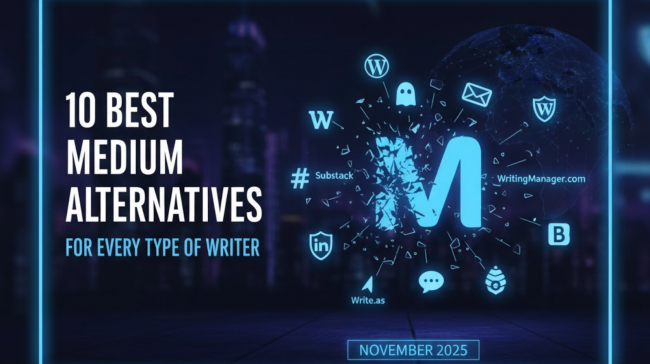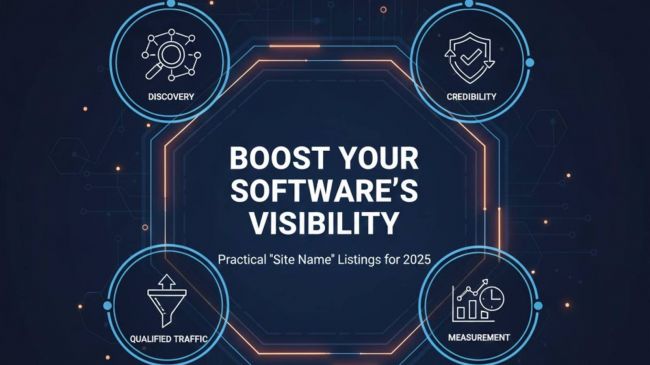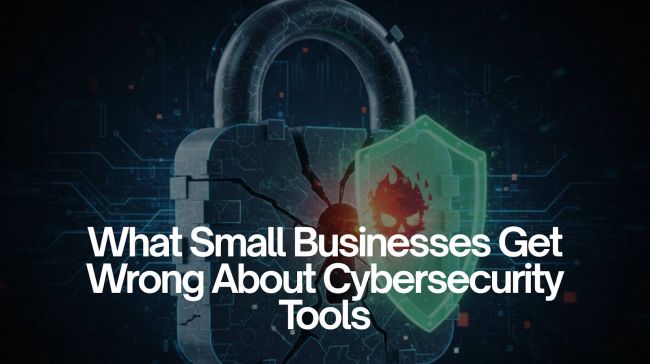In the case of intense competition, any business strives to expand its potential beyond the provision of high-quality products/services only – here, we mean building trusting relationships with clients and partners. The easiest way to do this is through a corporate email. It’s important to note that an address like name@yourcompany.com looks like a brand element, while using free services where their name is clearly indicated (for example, Gmail) can, on the contrary, spoil the first impression.
In fact, according to Harvard Business School’s insights on business innovation, companies that invest in infrastructure and communication systems tend to perform better in long-term brand growth and customer retention.
Why It’s So Important to Have a Corporate Email
So, what are the main reasons to switch from a free email to an email for businesses? Let's find out right now.
Strengthening your professional image
An email sent from @gmail.com may raise doubts in a potential client or partner about whether the communication is taking place with the company’s official representative. In turn, an address with a branded domain immediately confirms your business’s legitimacy, which can be critical for startups and small companies that need to demonstrate their reliability. In addition, having a corporate email increases brand recognition since each time the recipient receives a letter, they will see the company’s name.
For businesses seeking automated brand consistency across digital channels, AI-powered communication tools like Sintra AI can ensure uniformity in tone and presentation across campaigns.
Managing your data centrally
Any business needs to control all communications that are conducted via email. In this context, corporate email allows you to centrally manage employee accounts, create addresses for newcomers, disable access for those who have quit, and assign roles and rights. This approach also enables the simultaneous setting up of a separate mailbox for the support service and a separate one for the sales department.
Microsoft’s documentation on managing bulk employee communications also underscores the importance of structured internal email systems for operational clarity.
Ensuring standard compliance
Conventional free email services don’t provide businesses with sufficient security guarantees. In addition, if a password is compromised or an email account is blocked, a business risks losing access to critical information stored in correspondence. At the same time, corporate solutions often offer advanced security features, including two-factor authentication, end-to-end encryption, backup, and compliance with industry requirements for user data protection. All this can be essential for companies operating in strictly regulated sectors.
Implementing third-party integrations
Modern corporate email services often have much more than solutions for sending, receiving, and storing corporate correspondence, they also include either proprietary calendars, cloud storage, etc., or provide easy integration with such products from third-party providers. This feature makes corporate domains more versatile and predisposed to forming seamless workflows, even in companies with a large number of departments and sophisticated workflow logic.
Emerging technologies like Mixus AI are taking this further by enabling AI-driven inbox automation and contextual task management, helping businesses optimize communication time.
Providing scalability
As a company grows, so do its communication needs. Corporate email services scale effortlessly, allowing you to create addresses for departments, projects, or team members while maintaining consistent branding.
For entrepreneurs managing multiple ventures, discussions on Quora about handling multiple business emails reveal that using a unified corporate domain remains the most efficient and professional approach.
Improving email deliverability
Messages from free email services very often end up in the spam folder, especially when it comes to template emails. Most often, this can be explained by the low reputation of the specific domain, since, for example, Gmail is used by millions of users. Along with that, choosing a corporate email with correctly configured DNS records significantly increases the chances of delivering your emails to the main inbox folder, which means that your commercial offers and notifications won’t go unnoticed.
Final Thoughts
A corporate email is more than just a communication channel, it’s a strategic asset. It enhances credibility, improves data control, ensures security compliance, and scales effortlessly as your business grows.
In a competitive digital environment, your email address is often your first impression. Choosing a custom business domain is a small investment with significant long-term returns in trust, professionalism, and communication efficiency.





